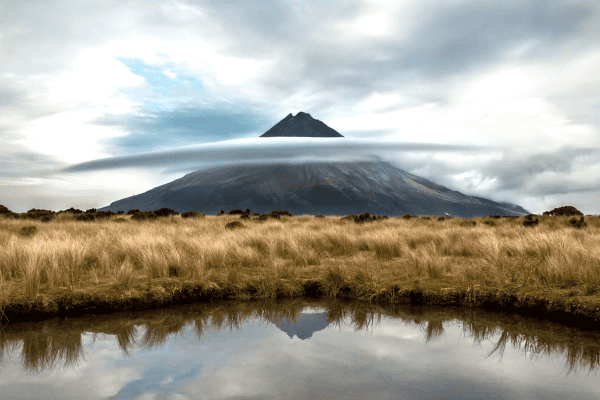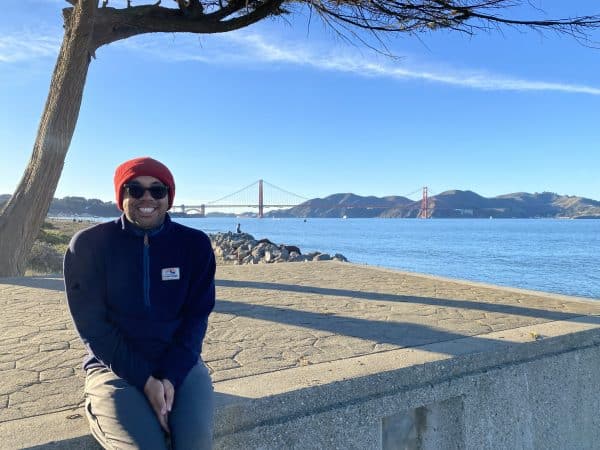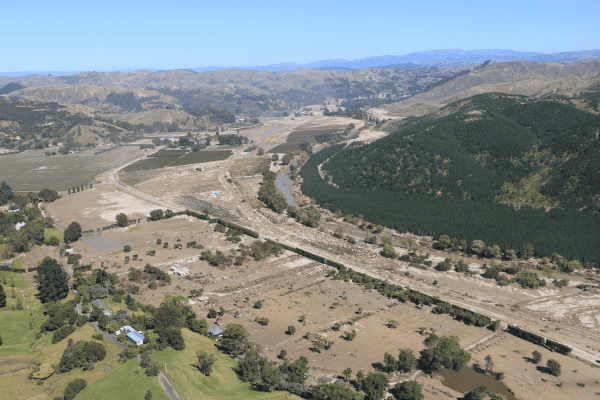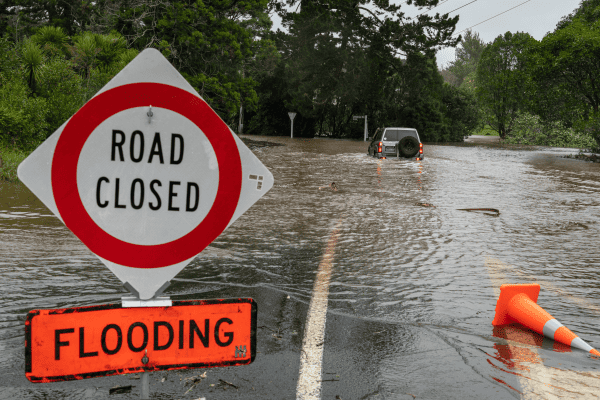New WMO Citizen Science guidance released
By Dr Marion Tan
New Zealand based researchers – including RNC affiliated researchers – play an active role in international projects including the global High Impact Weather (HIWeather) project. Dr Marion Tan (Massey University) led a working group of scientists to develop the HIWeather Citizen Science Guidance Note for Weather, Climate, and Water Projects. The HIWeather Guidance Note intends to help individuals, groups, and agencies to gain interest and capacity to do citizen science. Published in October 2021, the Guidance Note can be accessed through the World Meteorological Organization (WMO) Library.
The Guidance Note is part of the broader HIWeather project launched in 2016 by WMO and World Weather Research Programme (WWRP). The 10-year research project aims to improve weather-related hazard warnings. Prof David Johnston (Massey University) co-led HIWeather from 2016-2020, and currently Dr Sally Potter (GNS Science) co-leads with Prof Brian Golding of the UK Met Office.
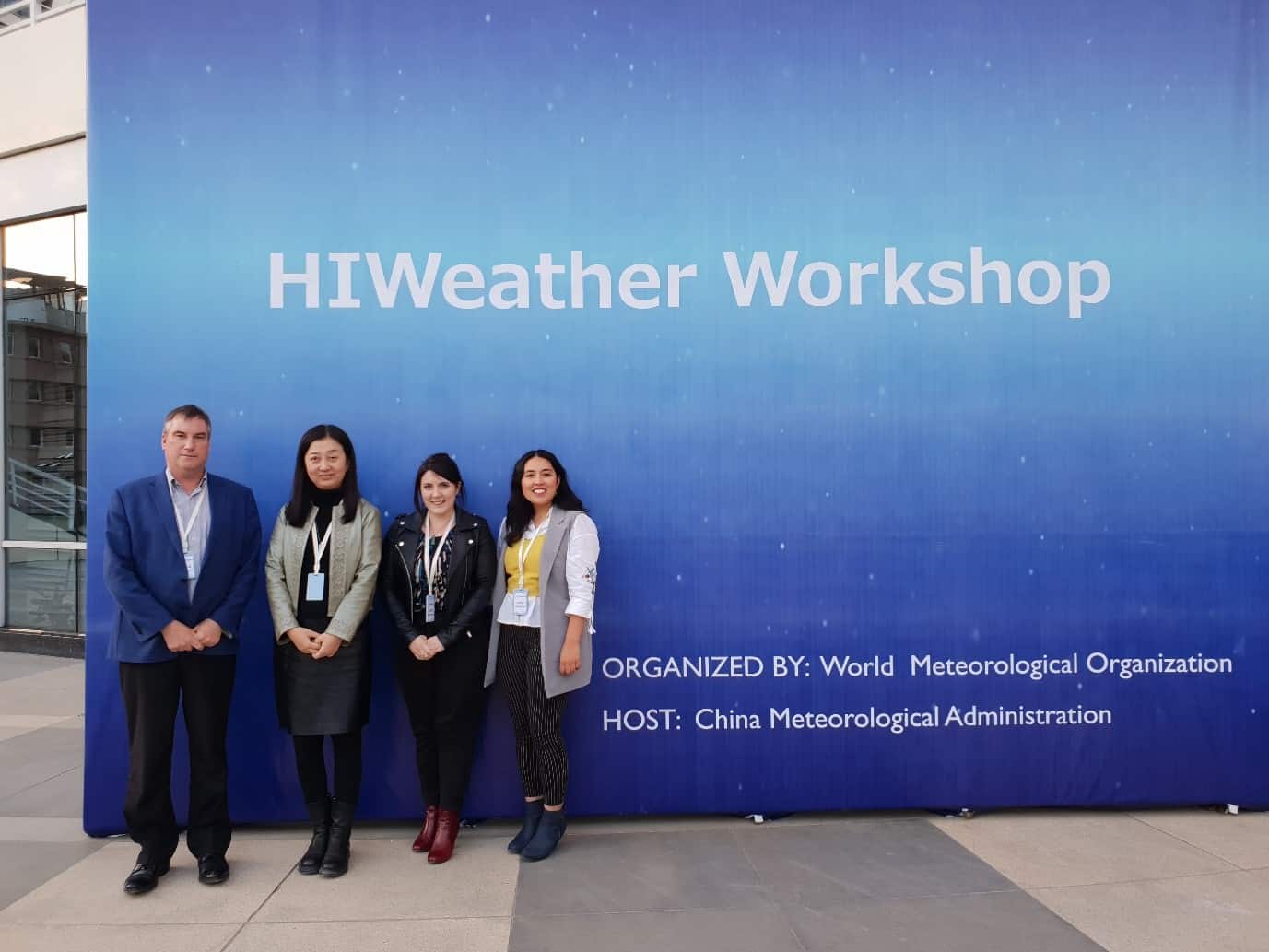
To achieve the HIWeather project’s aim, HIWeather has five research themes and three cross-cutting flagship projects, one of which is the ‘HIWeather Citizen Science’ Project. The HIWeather Citizen Science Project was designed as a platform for sharing information and tools to help people gain interest and capacity to do citizen science in the weather space. The newly published HIWeather Guidance Note encourages individuals, groups and agencies to consider citizen science and outlines key questions to ask when developing new projects.
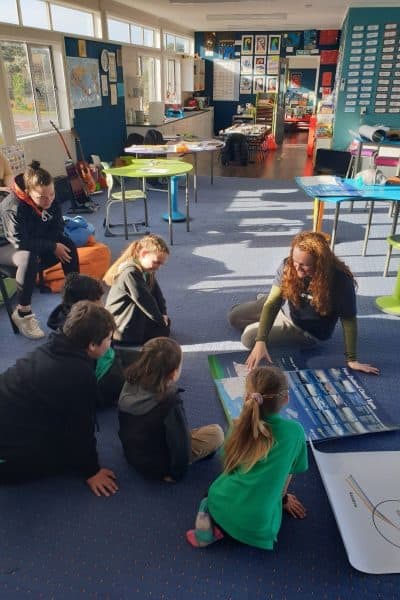
Citizen contributed data can be used to fill in gaps specially in hard to reach or remote places. Moreover, citizen science can help connect the public with science organisations and build capacities for communities towards their response to high impact weather. For example, the Kaingaroa School in Chatham Island has recently added its own weather station, which provides data to the WMO Global Weather Models in real-time. Citizen contributed data can help improve local weather forecasts thus enabling the community to make safer decisions around fishing and boating activities. Citizen science have the potential to improve HIWeather research significantly.
Aside from the Guidance Note, the HIWeather Citizen Science Project continues its work towards sharing and encouraging citizen science. Current initiatives include a special journal issue on citizen science and the demonstration project series – web stories on successful citizen science projects.
